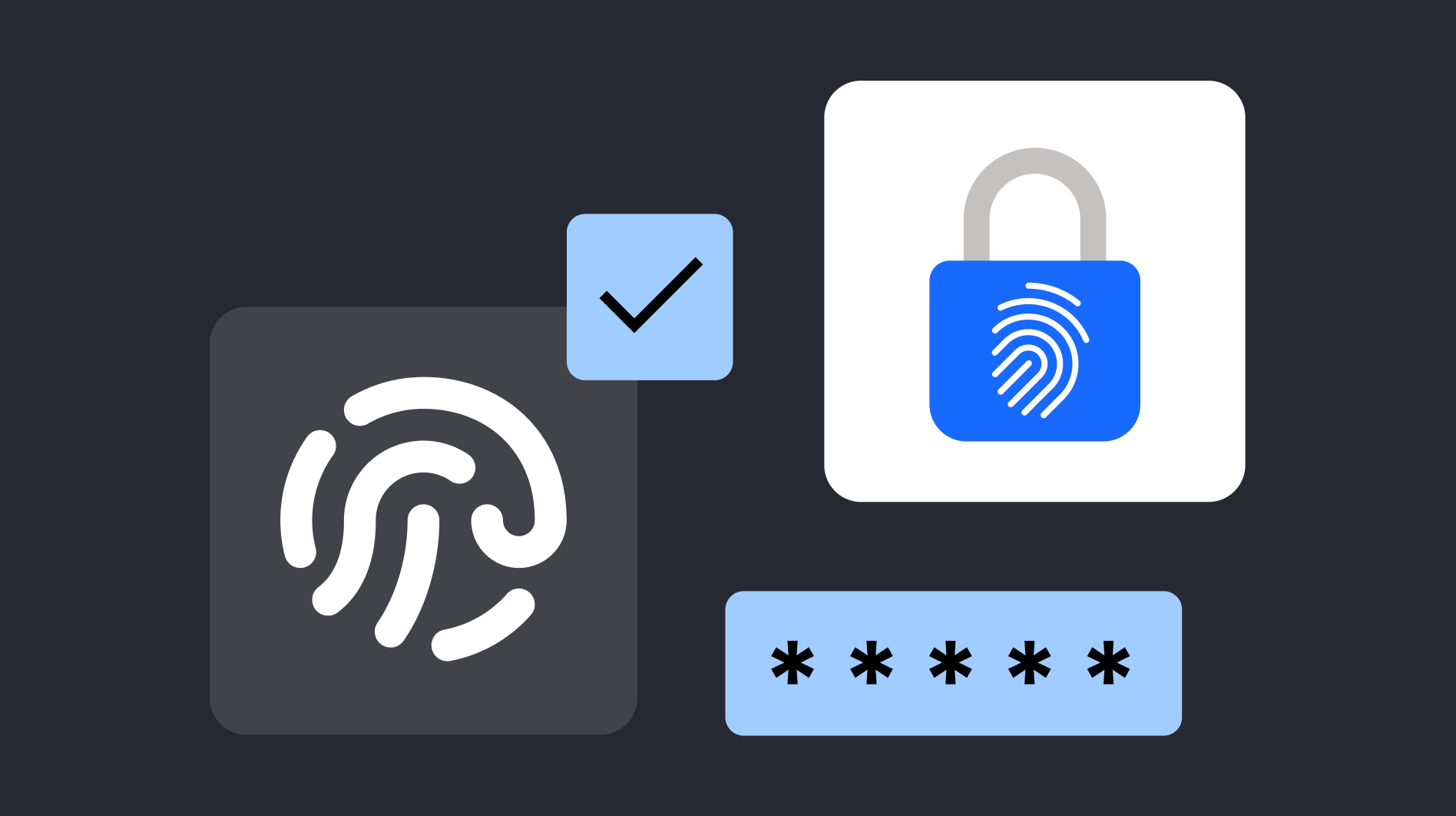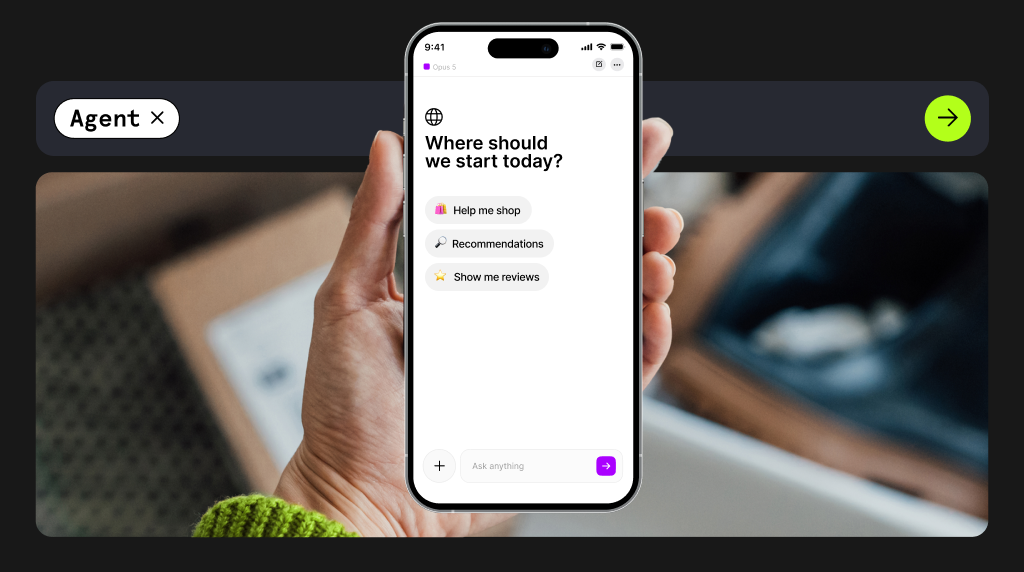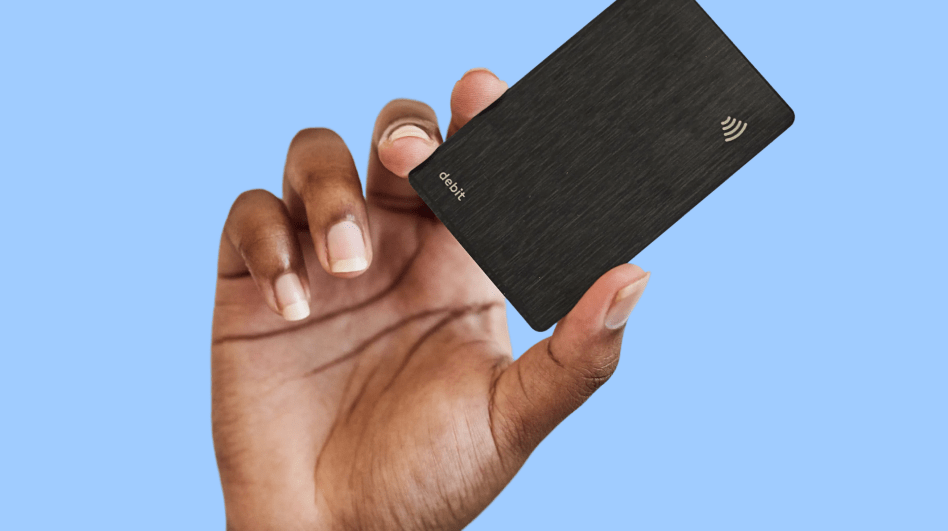A pre-authorization charge is a way to hold a certain monetary amount on a customer’s card when you are unsure of the final payment total. It’s an effective way for businesses to avoid asking the customer for their card details multiple times – and guarantee payment for agreed services.
It’s particularly useful to ensure the customer has enough funds to pay the bill – even when the full amount is yet to be determined.
This article explains the benefits of pre-authorization for business leaders. But first we'll go through the basics of how it works, when to use it, and why to consider it.
What is a pre-authorization charge?
A pre-authorization charge, also known as a pre-auth or authorization hold, is a temporary reservation on funds in a customer’s account. It’s used to ringfence a certain amount to cover a pending transaction, without actually debiting the account upfront.
Example: A guest books a stay at a hotel which costs $350 for four nights. However, add-ons are available, including a minibar, movie rental, and beach towel hire.
The hotel places a $430 authorization hold on the customer’s card, to cover the possible extra costs (which also include cleaning or accidental damage fees). When the guest leaves the hotel, her total bill comes to $398. The hotel charges $398 to her card, and the payment succeeds because funds were already reserved.
How does pre-authorization work?
Pre-authorization allows you to reserve a particular sum of money in the customer’s account for a period of time.
During the pre-authorization period, the funds aren’t actually transferred to the merchant. Instead, they’re set aside in a temporary reserve, and can’t be spent by the customer until the pre-authorization hold is released.
Once the transaction is completed, the hold is removed and the actual charge is processed.
However, if your business doesn't follow up with an official confirmation of the pre-authorized transaction within the holding period, the issuing bank may release the on-hold funds back to the customer, nullifying the transaction. These expired transactions are known as “falling off”.
Difference between pre-authorization and partial authorization
Note that this process is different from partial authorization. Although pre-authorization may sound like the same concept – and actually results in similar benefits – partial authorization involves charging a lower fund amount to the cardholder in the case of insufficient funds.
How long can a pre-authorization charge hold?
Pre-authorization charges typically last five days – if no further action is taken by the merchant, but it can last up to 31 days depending on the Merchant Classification Code (MCC). Depending on your MCC, you can release the hold within as soon as the transaction is completed, or you can hold the funds for a longer period of time – from several days up to a month.
There are circumstances where pre-auths will need to be longer, such as long-term car rentals or Airbnb stays.
The exact length of time for a pre-authorization charge also depends on the type of transaction, the amount of the transaction, and the policies of the card issuer. For example, hotels and car rental companies may place a pre-authorization hold for a longer period of time to cover potential damages or additional fees. If your business is regularly processing pre-auths for periods longer than five days, we recommend arranging with your credit card processor to reassess your MCC.
Business benefits of a pre-authorization charge
Put simply: it helps to ensure your business receives funds for goods and services provided to a customer. When there is a time delay between a customer agreeing to a purchase and the time until payment, pre-authorization can avoid some difficulties arising from refusal to pay or insufficient funds. It also allows the merchant the opportunity to upsell the customer or charge fees to cover unexpected damage or cleaning fees.
A regular authorization ensures the cardholder’s account is available for transfers: namely, that the account truly exists and the bank has not placed any holds on it.
Pre-authorization charges offer several benefits to businesses, but the main four are:
1) Improve the customer experience
Pre-authorization charges can create a smooth customer experience. Both the merchant and the customer can feel relaxed about negotiating the terms of business while a certain payment is pending, but not actually transferred. It places both parties on a more level playing field, reducing the risk of doubt and mistrust on either side.
First off, by using an authorization hold, you can prevent customers from paying for goods or services you’re unable to provide, which would improve customer satisfaction.
Second, your business can reduce the need for customers to provide payment information multiple times, which can be frustrating and time-consuming. Lastly, pre-authorization can help you provide a more accurate estimate of the final cost of the service or product, reducing the likelihood of surprises or unexpected charges.
2) Ensure payment for goods or services
Pre-authorization charges help guarantee that customers are committed to paying for the service or product. By obtaining authorization for the payment upfront, your business can reduce the risk of non-payment or default, which can be especially helpful for businesses with high costs or contracted services with variable fees, such as hotels, leisure centers, health spas or car rental companies.
3) Avoid fraud, chargebacks and refund fees
By verifying the customer's payment information during pre-auth, you are helping to ensure that the funding source is legitimate and available for use. This is an important step in defending your business from fraudulent chargeback requests.
Chargebacks happen when a customer disputes a transaction with their bank, which requires the merchant to provide evidence of the transaction's validity. If the merchant loses the dispute, they’re charged between $25 to $50 per chargeback.
By pre-authorizing the payment, your business has evidence that the customer agreed to the transaction, which reduces the likelihood of paying out chargeback fees. It also allows for accurate billing, while the merchant figures out which goods and services they are truly able to provide before charging the final amount.
4) Cut business costs
A pre-auth helps reduce the likelihood of declined transactions and associated fees, delivering a beneficial cost saving. Furthermore, you only pay interchange fees when the transaction is finalized; that means you won’t be charged interchange fees if the transaction is canceled during the pre-authorization period. Instead, you may only pay the gateway fee.
Businesses best suited to pre-authorizations
Pre-authorization charges are particularly beneficial for businesses selling high-risk products, offering long shipment periods, or want to avoid chargebacks. Specifically, we recommend pre-authorization holds for hotels, car rental services, gas providers, and ecommerce businesses.
This is how pre-authorization can help those types of businesses…
Hotels, Airbnb, hospitality
Pre-authorizations are extremely common in the hospitality industry, guaranteeing that funds are available in case of additional charges, such as cleaning, room service, or damages to the room.
It can also help to streamline the check-in process, removing the need for hotel owners or Airbnb hosts to manually process additional payments.
Ecommerce and online retail
Authorization holds are ideal for ecommerce businesses that manage inventory, or provide long shipping periods. Pre-authorization can also improve customer satisfaction by protecting against delayed or incorrect deliveries, instead charging the customer only when the products have been successfully delivered. This should ensure payments, reduce the risk of chargebacks, and improve the customer experience – all in one.
Car rental services
Car rental is a high-risk service, which is why pre-authorization is particularly beneficial. These charges ensure the customer has sufficient funds to cover any costly damages to vehicles, but it also covers the estimated rental charges, and possible additional fees like fines and fuel charges.
Once the rental period is over and the vehicle is successfully returned to your business, the funds that were on hold are released.
How pre-authorization helps your business payments perform
Innovation in payments can drive revenue and reduce wasteful spending on processing costs. Importantly, pre-auths can help your authorization rate, which is crucial for profitability because it’s so closely linked to conversion.
Our research continually proves that poor payment experiences are turning off customers, and driving them away from businesses that make it too hard to pay. Finance managers need to carefully watch their authorization rate because one false decline puts off 42% of customers from returning to your app or website.
When to use pre-authorization vs incremental authorizations
Adjusting your authorization strategy can generate better customer experiences, but pre-auths are just one facet of this. Depending on your business, you may benefit from incremental authorizations as well as (or instead of) pre-authorization holds.
The experience on the customer’s side looks almost the same: incremental authorizations allow merchants to add additional products and services to an existing authorization. The difference is in the fund amount reserved at the point the customer first grants authorization.
While a pre-auth charge reserves more funds than may be needed, incremental authorizations allows you to collect the right amount from your customer in conditions of variable charges. In cases where it’s very hard to correctly estimate the final bill (such as hospitality and leisure services), an incremental authorization allows you to increase the monetary amount requested from your customer.
Better payment experiences with Checkout.com
If you want to optimize your authorization strategy, you'll want to look into our Unified Payments API. With our customizable and sophisticated payment gateway, you can get faster, more reliable payments, and provide a better payment experience for your customers – all on one platform.
Best of all, our API can process a number of different authorization types, whether you want to give your customers an estimated figure, a finalized amount, or incremental increases for the payment.







.png)






_How%20and%20why%20to%20launch%20a%20card%20program%20(1).png)

